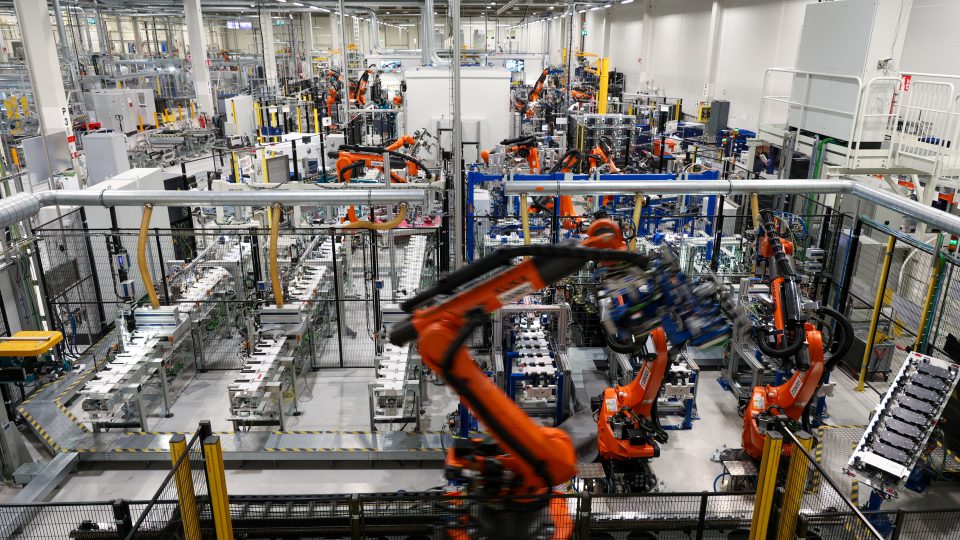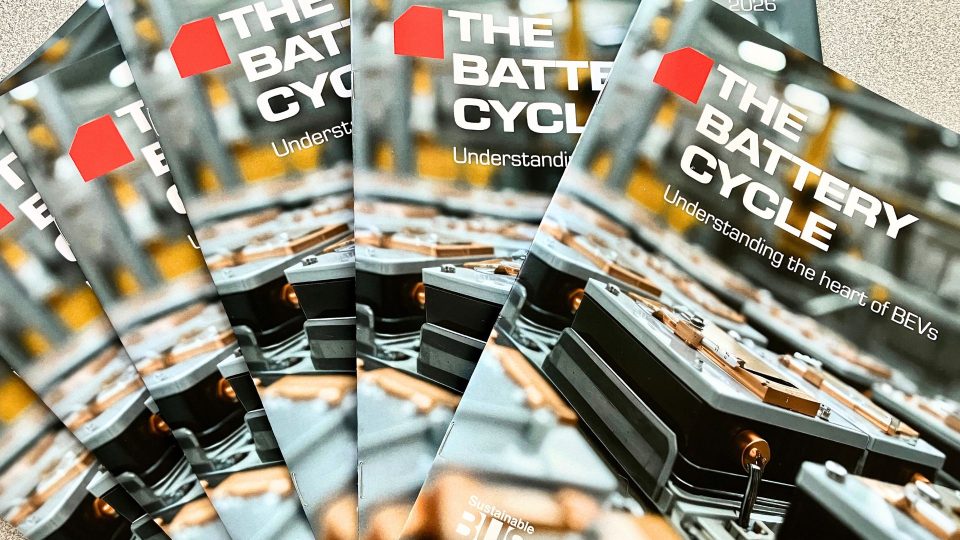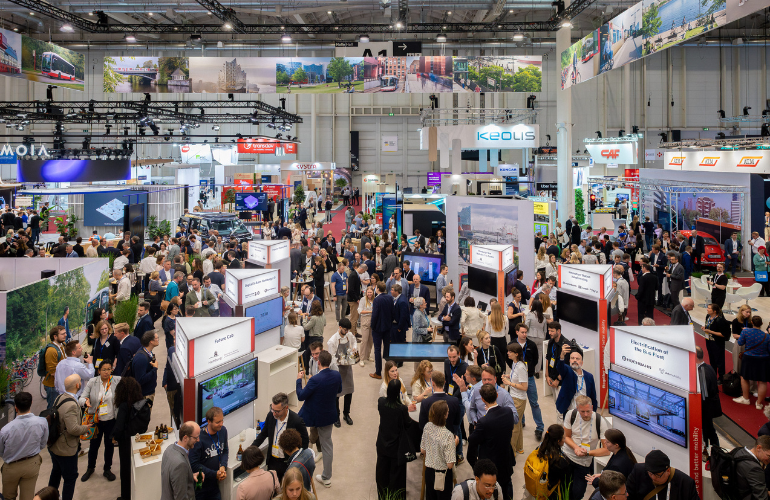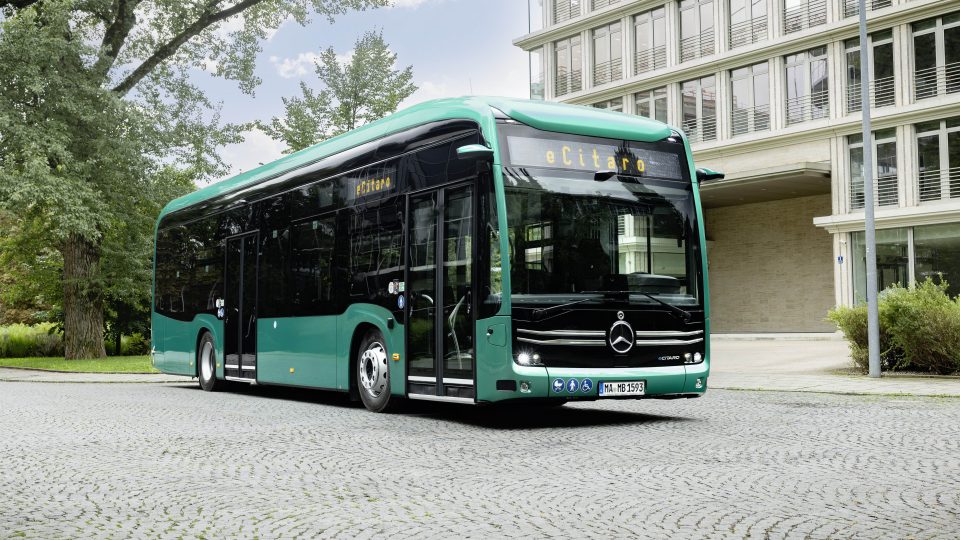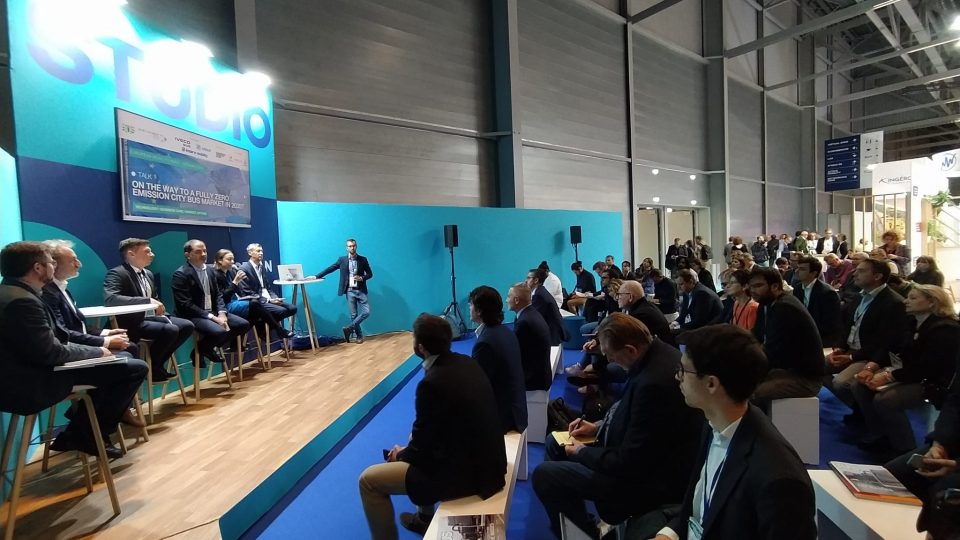Busworld Congress 2025: future of coaches, digital mobility solutions, electrification strategies (and more)
Brussels is hosting the Busworld Europe Congress from 6–9 October, bringing together policymakers, operators, manufacturers, and innovators under one roof. The 2025 edition, held alongside Busworld Europe 2025 exhibition, emphasizes the intersection of policy, technology, and market trends shaping the future of buses and coaches in Europe. The Congress is structured around six thematic tracks, […]
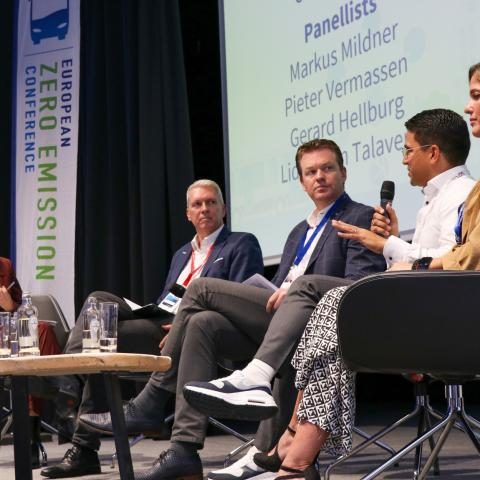
Brussels is hosting the Busworld Europe Congress from 6–9 October, bringing together policymakers, operators, manufacturers, and innovators under one roof. The 2025 edition, held alongside Busworld Europe 2025 exhibition, emphasizes the intersection of policy, technology, and market trends shaping the future of buses and coaches in Europe. The Congress is structured around six thematic tracks, covering everything from socio-economic strategies and digital mobility to safety, long-distance coach operations, local and regional transport management, and zero-emission technologies (the latter addressed within the Zero Emission Bus Conference).
Busworld Europe Congress 2025 – Agenda’s highlights
Today’s session Tendering Strategies for Public Transport Services (Between Public Authorities, PTAs and PTOs) – Monday, 6 October, from 15:15 to 16:30 – will focus on how innovative procurement approaches can drive high-quality urban transit. In collaboration with EY, the discussion will cover competitive tendering models, performance-based contracts, and sustainability-focused criteria, drawing on real-world case studies from across Europe. Speakers’ lineup includes Peter de Winter, Senior Project Leader Public Transport at Amsterdam Vervoerregio; Lukasz Franek, CEO of KMK Krakow; Sabrina Gassama, Manager Competitive Bidding at Île de France Mobilités.
From 16:45 to 18:00 the session Improving Efficiency and Image via the Implementation of E-BRT Systems will explore the rollout of electric Bus Rapid Transit (eBRT) across Europe. In collaboration with POLIS, speakers including Siri Brolen (City of Stockholm), Thomas Geier (EMTA), Josep Mension Camps (TMB – Barcelona), Stella Papagianni (OASA), and Karen Vancluysen (POLIS) will discuss public acceptance, efficiency gains, and service improvements, highlighting examples from Barcelona and Stockholm. The session will examine how eBRTs can enhance sustainable mobility, particularly in peri-urban areas, while boosting both operational performance and public perception.
Tuesday, 7 October, offers a particularly rich program, starting at 09:00 with a session on Evaluation & Amendments on the General Safety Regulation II. Concurrently, Navigating the Data Landscape in Bus & Coach Mobility: Opportunities, Challenges, and the Road Ahead, realized in collaboration with ERTICO, will examine how vehicle-generated data can enhance fleet management, traffic optimization, and AI-driven mobility solutions, while addressing cybersecurity and standardization challenges.
User Awareness & Inclusion on the Implementation of Digital Assets in Passenger Transport (11:15–12:30) addresses accessibility and inclusivity in digital mobility, while Integrating Demand-Responsive Transport Services for Economically Viable Efficient Public Transport in Rural Areas (11:30–12:30) explores how flexible, on-demand services can complement traditional bus networks. Also worth mentioning the session Risk Management and Insurance Related to Charging of Battery Electric Buses, scheduled at 11.30: the discussion will address the technical, operational, and financial risks of electrified fleets. In collaboration with CENEX, speakers including Tommy Carnebo (Dafo Vehicle), Luc Derwae (ETHIAS), Kurt Gyselinck (De Lijn), Thierry Lassus (Hitachi Ltd.), and others will explore real-world case studies, regulatory frameworks, and best practices to ensure safe, reliable, and efficient electric bus charging.
The afternoon provides significant insights on coaches, design, and operational efficiency. Fleet Management Systems and Technologies for OPEX Reduction (13:30–14:45), for instance, aims to provide actionable strategies for predictive maintenance, route optimization, and cost reduction, while Trends in Exterior and Interior Coach Design & Technologies for Increased Passenger Comfort (13:30–14:45) will explore how design and technology are redefining the passenger experience. The discussion will cover innovations in exterior aerodynamics, interior ergonomics, materials, lighting, sustainability, and smart connectivity, as well as the evolution of infotainment into interactive platforms that enhance comfort and overall travel experience. Speakers’ lineup includes Mark Anderson (Anderson Travel), Marc Ball-llosera (Masats), Joël Béla Bernauer-Bourgois (Twiliner), Jean-Pierre Geelen (Yellow Window / Enthoven Associates), Cristina Pou Fonnolà (Government of Catalonia), Luciano Resner (Marcopolo), Alberto Rossi (GenPhoenix), and Mark Westendorp (Daimler Buses GmbH), with Charlie Rodriguez (Latinobus) as moderator.
Energy management and decarbonization remain central themes. Decarbonizing Long Haul & Interurban Routes: Status on the Energy Transition in Operations >300KM (16:30–17:45) will highlight the challenges of electrifying long-distance coach operations thanks to the contributions of speakers such as Javier Augusto Martinez Prieto (ALSA), Stefan Büttner (Flix), Glen Cezanne (CharIN e.V.), Bernt Reitan Jenssen (Ruter AS), Raluca Marian (IRU) Jack Zhu (Yutong), with Max Molliere (T&E) as moderator.
Finally, sessions like Access to Cities for Coaches and Long Distance Bus Services (15:00–16:30) and The Open Mobility Ecosystem – Collaboration With Buses (16:30–17:45) highlight the challenge of integrating intercity coaches into urban networks. Discussions will cover traffic management, regulatory frameworks, and multi-modal connectivity, ensuring coaches remain efficient, sustainable, and passenger-friendly.

